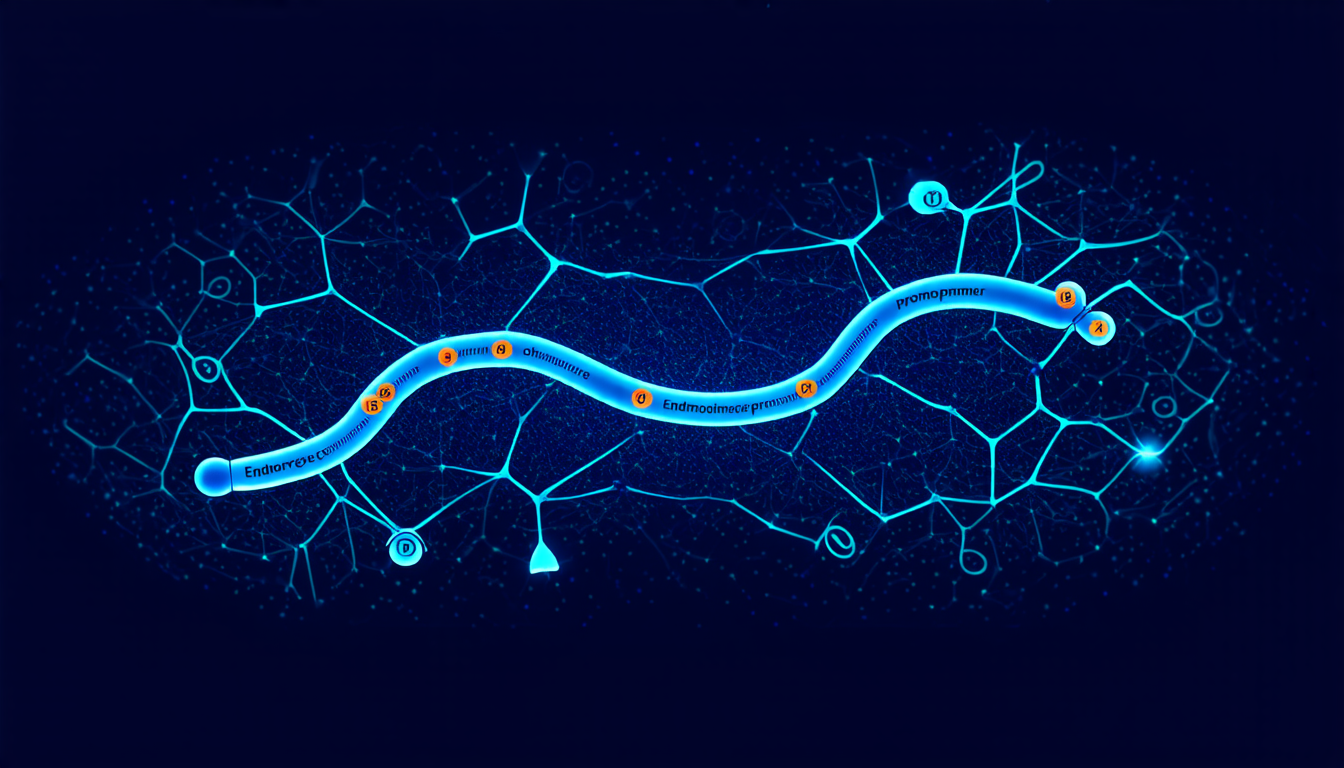Wednesday 16 April 2025
The quest for a more accurate understanding of how our genes work has long been a challenge for scientists. A new study offers a promising solution, proposing a novel approach to predicting enhancer-promoter interactions in the human genome.
Enhancers are regions of DNA that control the expression of specific genes by regulating their activity. However, due to their distant location from the genes they control, identifying which enhancers interact with which promoters is a daunting task. Currently, scientists rely on random splitting of data into training and testing sets, which can lead to overestimation of performance.
The new study presents an alternative approach, using a technique called Leave-One-Chromosome-Out (LOCO) cross-validation. This method involves removing one chromosome at a time from the dataset and retraining the model on the remaining chromosomes. By doing so, researchers can ensure that there is no genomic overlap between the training and testing sets, providing a more accurate assessment of performance.
The study demonstrates the effectiveness of LOCO by comparing it to traditional random-splitting methods. Results show that models trained with LOCO perform significantly better in predicting enhancer-promoter interactions than those trained using traditional methods. This breakthrough has significant implications for our understanding of gene regulation and could lead to the development of more accurate diagnostic tools.
Furthermore, the study proposes a novel hybrid multi-branch neural network architecture that combines deep learning with traditional k-mer features derived from nucleotide sequences. This innovative approach allows the model to learn feature representations not covered by k-mer features, resulting in improved performance.
The authors’ findings have far-reaching potential applications in various fields, including disease diagnosis and treatment. By accurately predicting enhancer-promoter interactions, researchers can better understand how genes are regulated and identify potential therapeutic targets for diseases.
In the past, genomic data sharing has been a concern due to privacy issues. However, the study’s authors emphasize the importance of responsible and practical data sharing, highlighting its potential to accelerate research and drive innovation.
The prospect of accurately predicting enhancer-promoter interactions is an exciting one, with significant implications for our understanding of gene regulation and human disease. The novel approach presented in this study offers a promising solution to the challenges faced by scientists in this field, paving the way for further breakthroughs in genomics research.
Cite this article: “Deciphering the Complex Landscape of Enhancer-Promoter Interactions Using Deep Learning and Contrastive Learning”, The Science Archive, 2025.
Genome, Gene Regulation, Enhancer-Promoter Interactions, Loco Cross-Validation, Deep Learning, Nucleotide Sequences, K-Mer Features, Disease Diagnosis, Therapeutic Targets, Genomic Data Sharing







